Race and Ethnicity: White - Starting with F
Fourth Arkansas Cavalry (US)
Fourth Arkansas Infantry (CS)
Fourth Arkansas Mounted Infantry (US)
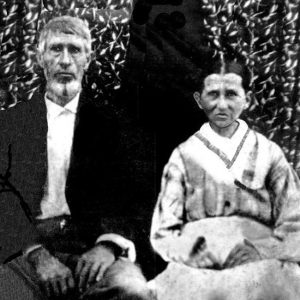 James Elison Foust and Harriet Knight Foust
James Elison Foust and Harriet Knight Foust
Fowler, Absalom
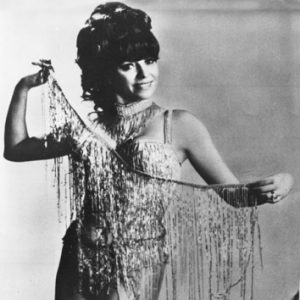 Fanne Foxe
Fanne Foxe
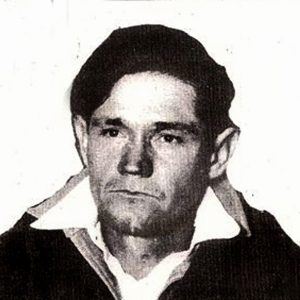 Connie Franklin
Connie Franklin
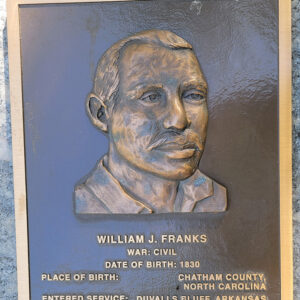 William J. Franks Plaque
William J. Franks Plaque
Franks, William Joseph
Frauenthal, Max
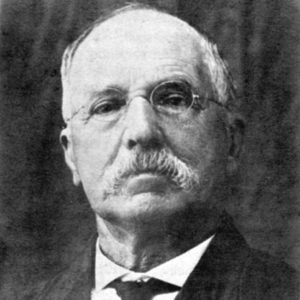 Max Frauenthal
Max Frauenthal
Frauenthal, Samuel
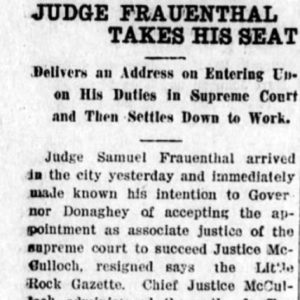 Samuel Frauenthal Address
Samuel Frauenthal Address
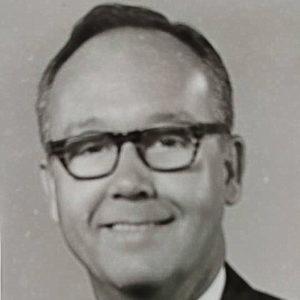 George Frazier
George Frazier
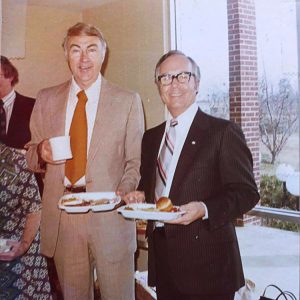 George Frazier and Haskell Jones
George Frazier and Haskell Jones
Frazier, George Thomas
Freeman, George Washington
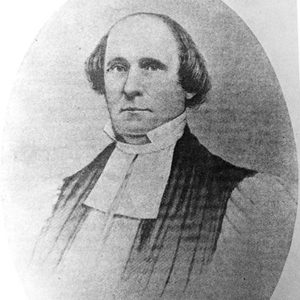 George W. Freeman
George W. Freeman
Freeman, Thomas Roe
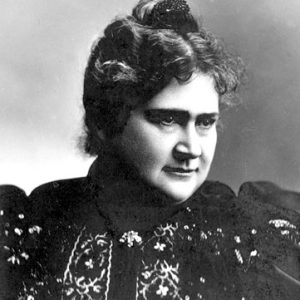 Alice French
Alice French
Freund, Elsie Mari Bates
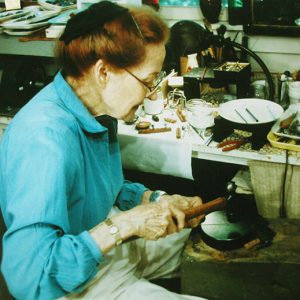 Elsie Freund
Elsie Freund
Freund, Harry Louis
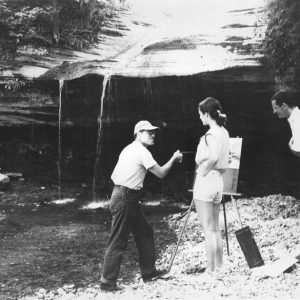 Louis Freund
Louis Freund
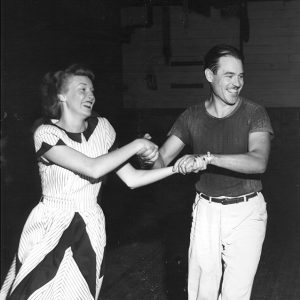 Freunds Dancing
Freunds Dancing
Friedman, Honey Bruce
aka: Honey Harlow
aka: Harriett Jolliff
 Friend and Lover
Friend and Lover
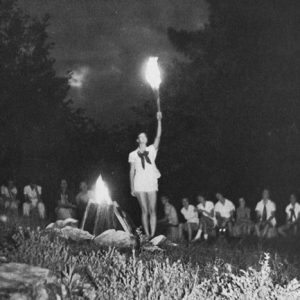 Friendship Campfire Circle; 1950s
Friendship Campfire Circle; 1950s
Frizzell, “Lefty”
aka: William Orville Frizzell
Frolich, Jacob
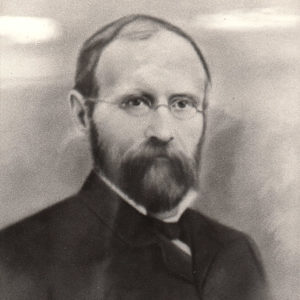 Jacob Frolich
Jacob Frolich
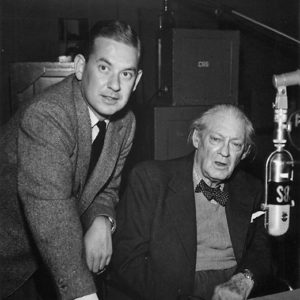 Bill Froug and Lionel Barrymore
Bill Froug and Lionel Barrymore
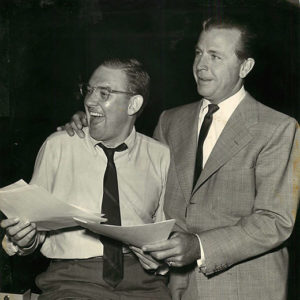 Bill Froug and Dick Powell
Bill Froug and Dick Powell
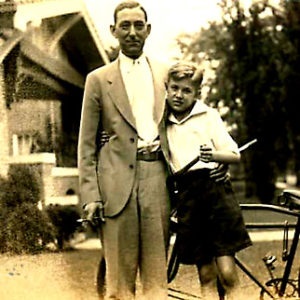 William Froug and Father
William Froug and Father
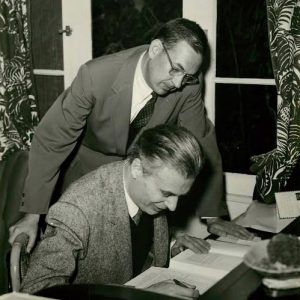 Bill Froug and Aldous Huxley
Bill Froug and Aldous Huxley
Froug, William (Bill)
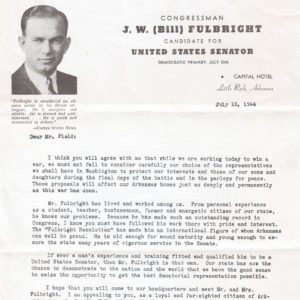 Fulbright Campaign Letter
Fulbright Campaign Letter
Fulbright, Bill
aka: James William Fulbright
aka: J. William Fulbright
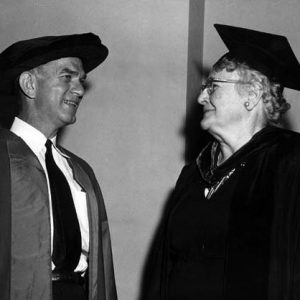 Bill Fulbright
Bill Fulbright
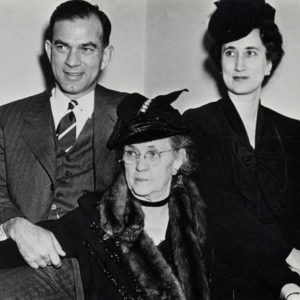 Bill, Roberta, and Elizabeth Fulbright
Bill, Roberta, and Elizabeth Fulbright
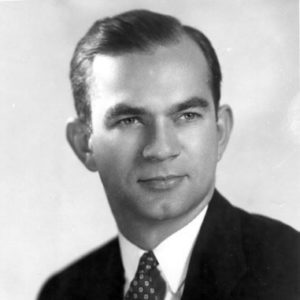 Bill Fulbright
Bill Fulbright
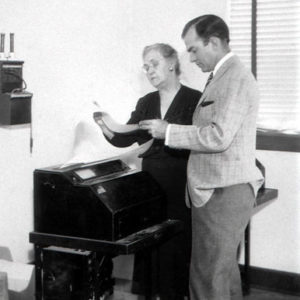 Roberta and Bill Fulbright
Roberta and Bill Fulbright
Fulbright, Roberta Waugh
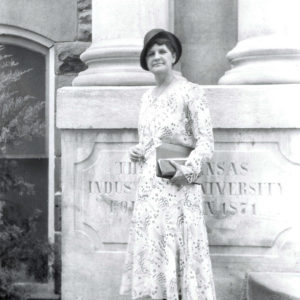 Roberta Waugh Fulbright
Roberta Waugh Fulbright
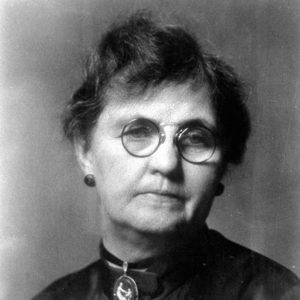 Roberta Waugh Fulbright
Roberta Waugh Fulbright
Fulkerson, Floyd Hurt, Jr.
Fulks, Clay
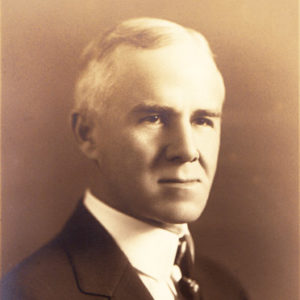 Claude Fuller
Claude Fuller
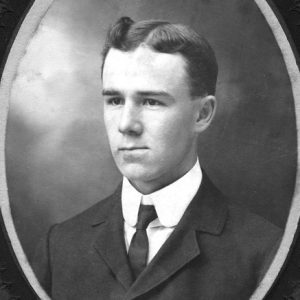 Claude Fuller
Claude Fuller




